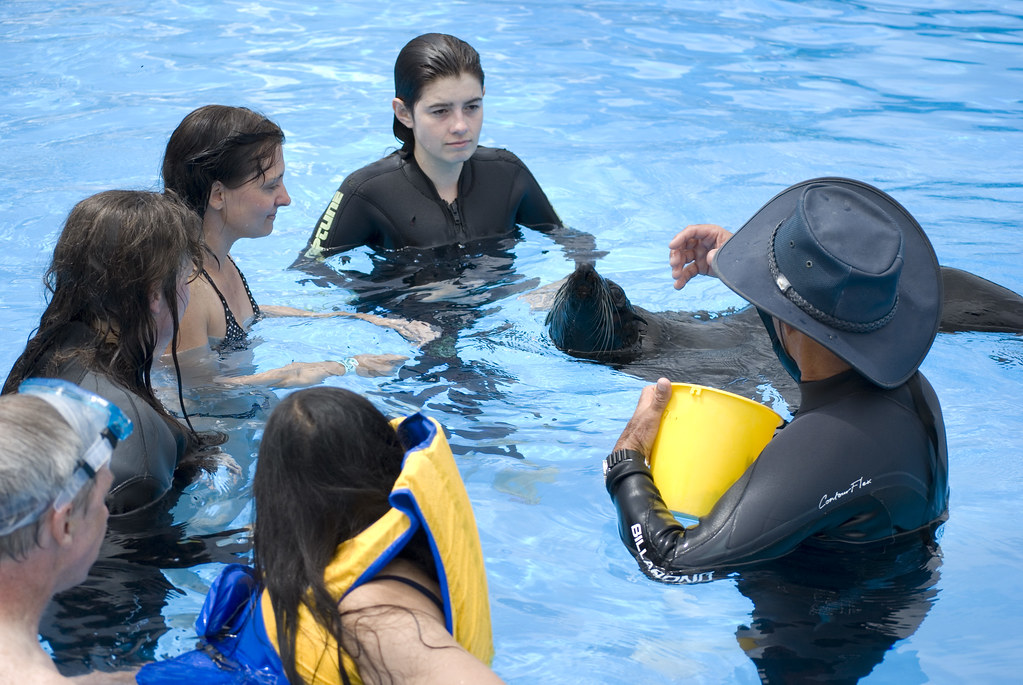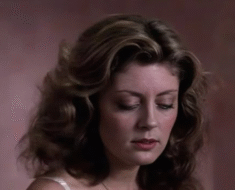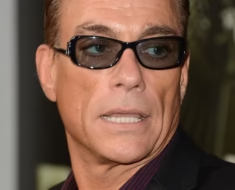In the summer of 2024, an incident at SeaWorld Orlando drew attention across the marine park industry, after reports emerged of an unexpected interaction between an orca and a trainer. On July 14, during a sold-out “Dine with Orcas” event, a 27-year-old trainer named Emily Carter was unexpectedly pulled underwater by a 19-year-old orca named Tala, resulting in significant injuries that required several weeks of recovery. SeaWorld, still under close public attention since the 2013 documentary Blackfish, reportedly offered Carter financial assistance to address medical expenses. However, footage later shared online in January 2025 brought the incident into the public spotlight, sparking renewed debate about orca care, corporate responsibility, and the broader topic of marine animal entertainment.

The event took place during what appeared to be a routine show at SeaWorld’s Orlando park, where Carter, an experienced trainer with seven years in the role, was working with Tala on a choreographed sequence. The “Dine with Orcas” program, a premium experience for guests, allowed visitors to enjoy a meal while observing the trainers interact with the animals. Witnesses said Carter appeared confident as she signaled Tala for a tail splash. Without warning, the orca made an unexpected movement, pulling Carter underwater for a short time. Audience members, including families, were concerned as trainers and safety teams acted quickly to assist. Carter sustained a broken leg, shoulder injury, and other wounds, requiring surgery and a short stay in intensive care.
SeaWorld’s immediate action was to clear the arena and pause shows for the rest of the day, citing “technical difficulties.” According to reports, company representatives offered Carter a financial settlement with confidentiality terms. Carter ultimately declined, citing her wish to support animal welfare discussions. Soon after, a short video clip recorded by a staff member began circulating online, prompting conversations on social media and renewed scrutiny of orca captivity.
Within hours, the video had been shared millions of times under various hashtags, with many viewers expressing concern for both the trainer’s safety and the well-being of the orca. Several animal advocacy organizations used the moment to reiterate calls for moving captive orcas to sea sanctuaries. Experts noted that Tala, born in 2005 in captivity, had shown stress-related behaviors in the past.
SeaWorld later released a statement calling the occurrence an “isolated accident” and maintaining that safety protocols are always a priority. They emphasized that the financial offer to Carter was intended as support for her recovery. Despite this, the story continued to attract significant media attention, and discussions about marine animal programs gained renewed energy.
Carter, now at home and focusing on rehabilitation, gave an interview in March 2025 stating that while she cares deeply for the animals she worked with, she believes long-term welfare solutions should be explored. Supporters launched an online fundraiser to help with her recovery, and the event has since influenced ongoing conversations about orca shows and marine life care legislation.



